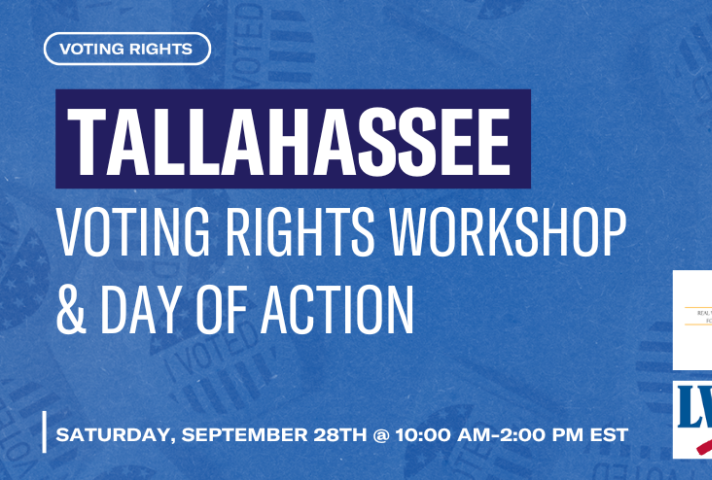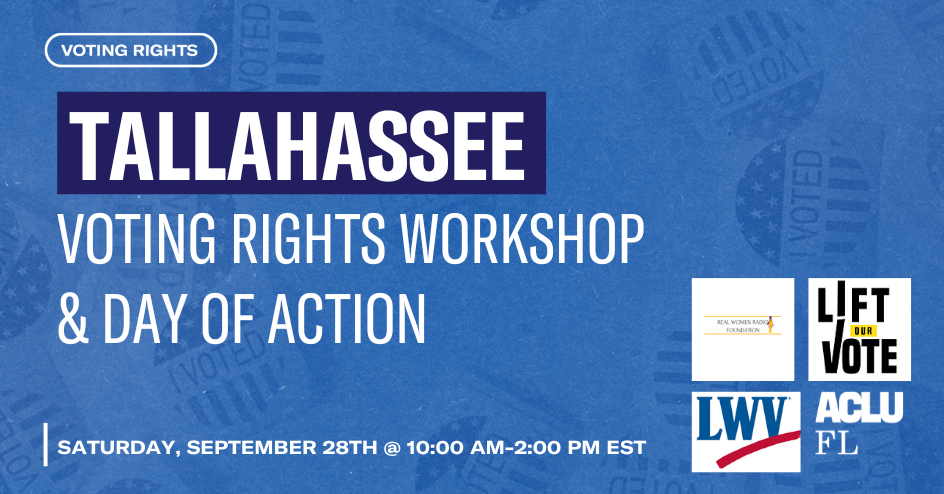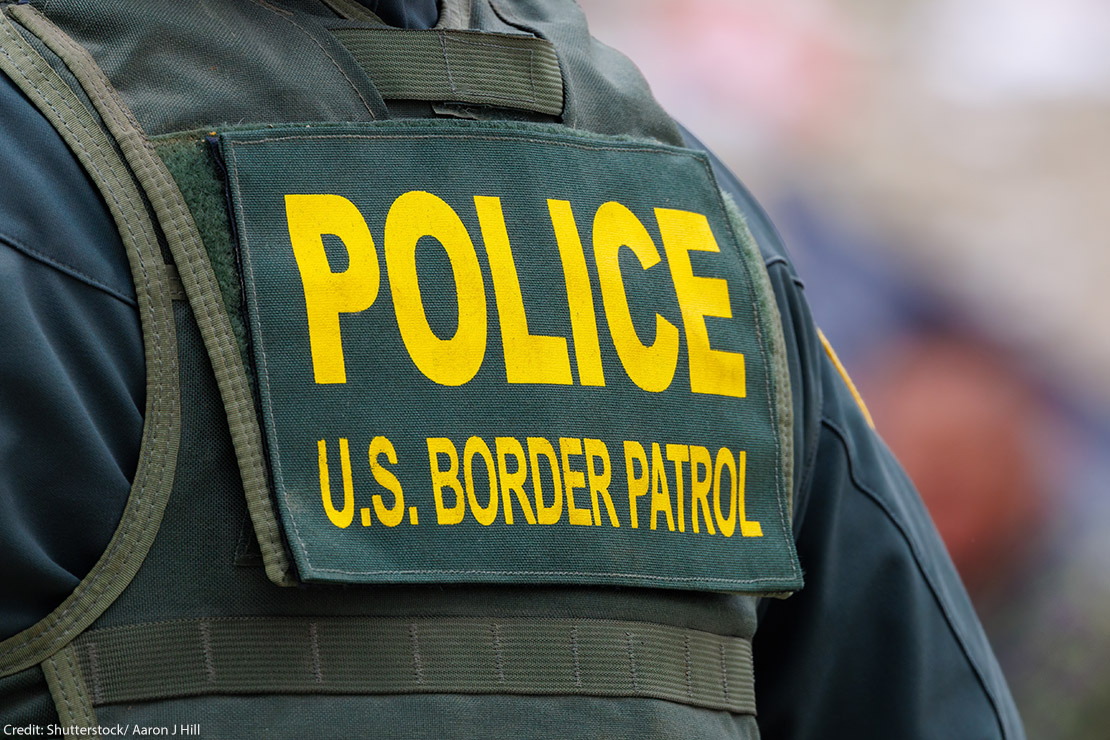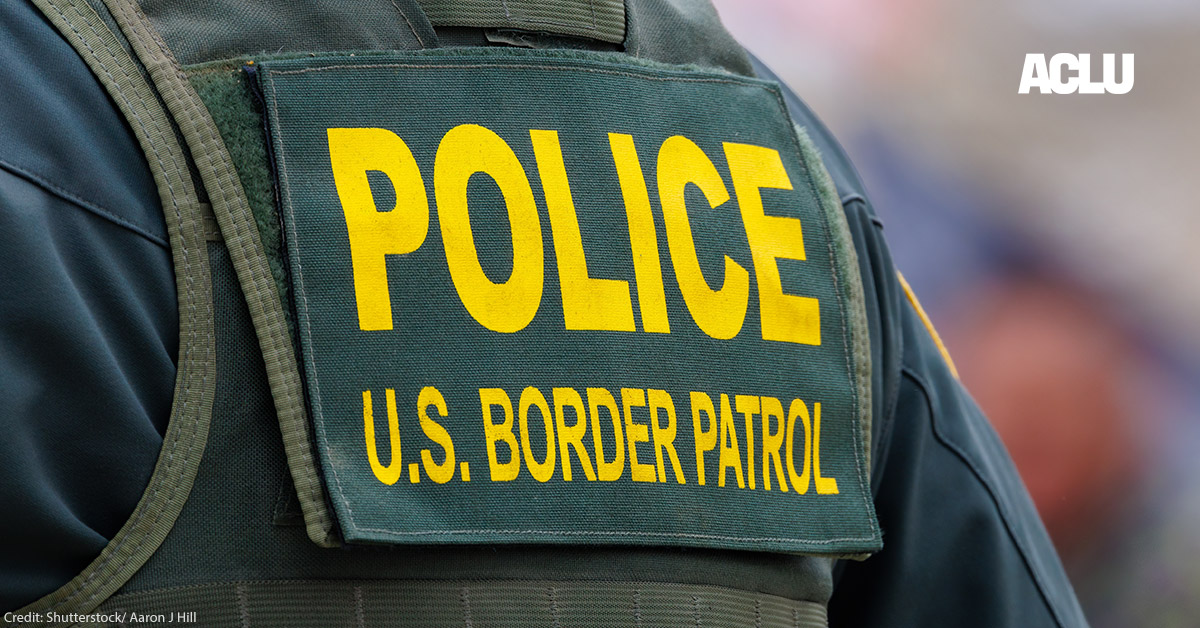Sarah Mehta, Senior Policy Counsel, ACLU
Blair Wallace, she/her/hers, Policy and Advocacy Strategist, ACLU of Texas
For many of Texas’ 3 million border residents, going through federal interior checkpoints – where Border Patrol agents are permitted to screen vehicles for suspected noncitizens and can ask passengers about their citizenship and travel plans – can be an intimidating but predictable part of daily life. But for undocumented or mixed-status families, these checkpoints are literal barriers to their ability to access basic services and to leave the state for essential medical care like abortion. A new report from the ACLU details how these federal checkpoints – and the additional layer of anti-immigrant state policing – create a web of unnecessary, stressful, and dangerous barriers for people living in border communities isolated from abortion care.
The U.S. Border Patrol, an agency within Customs and Border Protection (CBP), operates more than 110 checkpoints and roving patrols within 100 miles of the international border. In Texas alone, there are around 19 interior checkpoints, stationed on the major – and sometimes only – roads in Texas within 100 miles of the U.S.-Mexico border. For undocumented individuals and their relatives trying to make decisions about their reproductive health, checkpoints staffed by armed guards and surveillance equipment are a significant obstacle to accessing medical care denied to them by the state's abortion ban.
In September 2021, Texas’ SB 8 went into effect, drastically limiting access to abortion and allowing private citizens to enforce a ban on abortion as early as six weeks in pregnancy. A year later, in 2022, the Supreme Court’s decision in Dobbs v. Jackson Women’s Health Organization overturned Roe v. Wade, activating Texas’ trigger law, which imposed a total abortion ban, and in turn, forced thousands of Texans to leave their state to get this essential care.
In 2023, Texas -- the largest state to ban abortion -- had the most residents traveling out of state for an abortion, mostly to New Mexico the only neighboring state where abortion remains legal for abortion care. Not only are more Texans traveling, but also in many cases, Texans are traveling further than anyone else in the country.
Someone from Brownsville, Texas, which is near the southernmost part of the state, would have to drive at least 12 hours one way, or 870 miles, to the closest abortion clinic in New Mexico. Someone from Laredo would face at least a 10-hour drive.
But residents of south Texas are not only driving farther than anyone in the country for an abortion; in most cases, they must also drive through one or multiple interior federal checkpoints, risking arrest and deportation if they are undocumented.
A resident of Laredo driving to New Mexico, for example, will have to pass through six interior checkpoints in Texas alone, and then more in New Mexico. They can only reduce the number of inspections, but not avoid them all together, by adding several hours to their drive.
Along with federal immigration checkpoints and roving patrols, these Texans and their families also must contend with Texas state police, including troopers with Governor Greg Abbott’s $11.2 billion-dollar anti-immigrant initiative, Operation Lone Star. Almost all counties along the southern Texas border participate in this program, which allows officers to arrest, prosecute, and punish undocumented immigrants under charges like trespassing. A person trying to leave Texas for abortion care may fear being stopped and questioned by state police or immigration agents about their reasons for travel given the hostile and racially discriminatory policing under Operation Lone Star and the close collaboration between border patrol and state police.
All levels of government must address legal and other barriers to abortion so that no one is prevented from accessing critical care under threat of deportation. As detailed in our report, action is needed to:
- Ensure that people can safely reach abortion clinics without CBP checkpoints or other immigration enforcement impeding their travel or exposing people to potential detention and deportation;
- Use prosecutorial discretion to protect a noncitizen from deportation who is arrested at a checkpoint when traveling to access critical medical care. The Department of Homeland Security (DHS) must also clarify that it will not consider these arrests or convictions, or the disclosure of having obtained abortion care, as a bar to any form of immigration relief;
- Limit the collection, retention, and use of information obtained by CBP at checkpoints and through its broader surveillance technology;
- Enact federal legislation to ensure that everyone can access abortion care if they need it, no matter who they are, where they live, or how much money they have; and,
- In states where abortion is legal, remove barriers to access based on immigration status.
The ACLU will continue to work to ensure that everyone can access abortion care, no matter who they are, where they live, or how much money they have. And we will continue to fight against abusive border policing and surveillance that interferes with border residents’ ability to travel and get the services they need.
https://www.aclu.org/news/immigrants-rights/how-border-policing-harms-undocumented-people-seeking-abortion-care
The ACLU’s latest report outlines how interior immigration checkpoints and anti-immigrant state policing trap noncitizens trying to leave Texas for abortion care.





